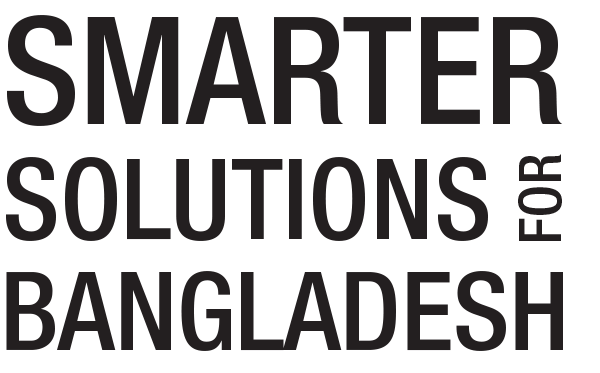Bangladesh Priorities: Water, Sanitation and Hygiene, Larsen
Even though 98 percent of Bangladeshis have access to either a well or piped water, 25 percent of households’ water sources contain arsenic levels that exceed the World Health Organization guideline. Research investigates three water supply options that can limit arsenic exposure: deep tubewells, rainwater harvesting, or pond sand filters. These options would cost each affected household between Tk 1,250-1,850 annually and avert virtually all deaths related to arsenic, doing about 7 takas of good per taka spent. Focusing efforts on the 20 percent worst affected, however, can do even more good—up to 17 takas in benefits for each taka spent.
| Strategy | Takas of benefits per taka spent |
|---|---|
| Treat arsenic for 20% worst affected | 17 |
| Treat arsenic for all affected | 7 |
| Sanitation | 2 |
| Hand-washing promotion | 1.2 |

